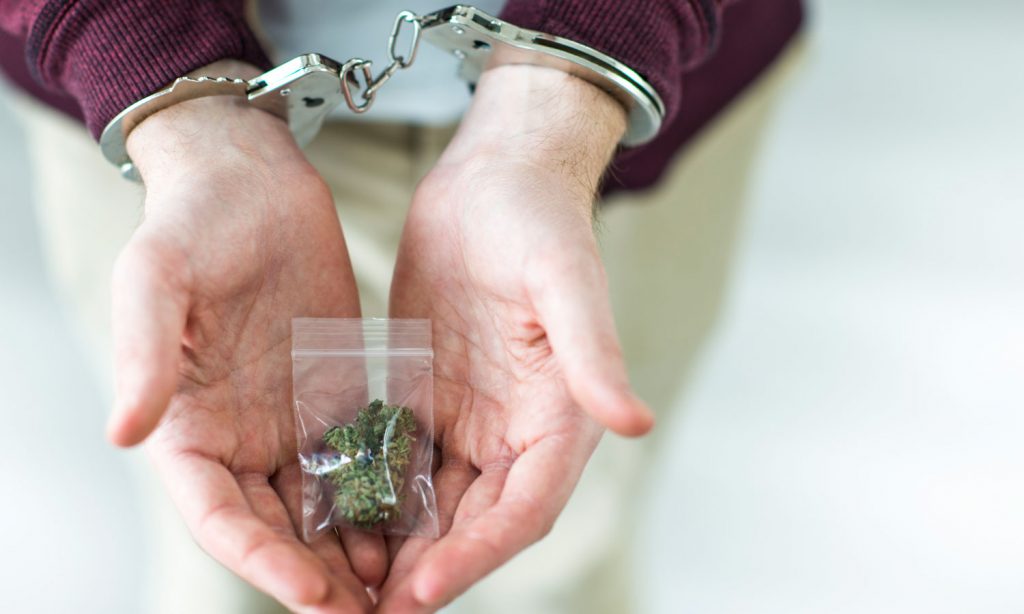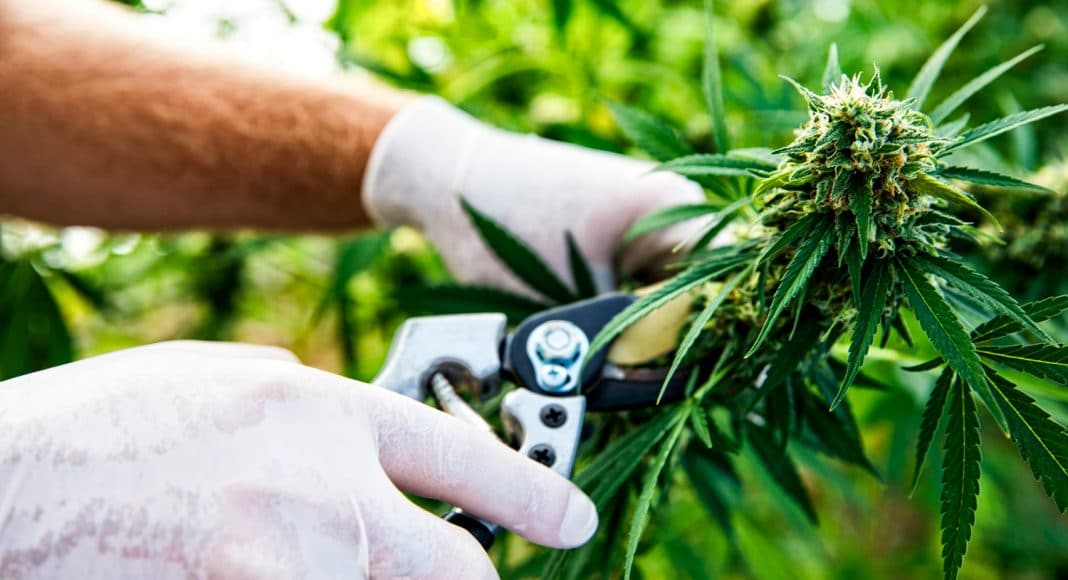According to a new study funded by the National Institute of Justice, scientists found that legal cannabis had little to no effect on crime.
Now that 11 states have legalized recreational marijuana, researchers have begun analyzing what effects that has on a state’s crime rates. According to a new study funded by the National Institute of Justice, scientists found that legal cannabis had little to no effect on crime.
Published in Justice Quarterly, the study focused on the crime rates in Washington and Colorado post-legalization and compared them with states with harsher cannabis laws. To conduct the analysis, researchers used data from the FBI’s Uniform Crime Report from 1999 to 2016, which is compiled from local police agencies. According to the study, the rates of both violent and property crime in Washington and Colorado remained close to other state averages after 2014, the year both states’ marijuana programs went into full effect.
RELATED: The Surprising Effect Marijuana Legalization Has On Police Traffic Searches
“In many ways, the legalization of cannabis constitutes a grand ongoing experiment into how a major public policy initiative does or does not accomplish its expected outcomes,” Ruibin Lu, the study’s lead author, said in a statement. “Given the likelihood of more states legalizing recreational marijuana, we felt it was important to apply robust empirical methods to parse out the effects of this action on crime in the first years after legalization.”

Earlier studies, the researchers argue, were not based on hard data produced over time. Instead, these studies relied on anecdotal evidence and numbers over a short period of time. The results of these studies have been used by politicians as proof that cannabis legalization, and the existence of dispensaries, increases violent crime. Like the Justice Quarterly study, other research has demonstrated the opposite.
In one study, researchers found that “adding a dispensary to a neighborhood (of 10,000 residents) decreases changes in crime by 19% relative to the average monthly crime rate in a census tract.” Furthermore, scientists have also reported that dispensary locations do not affect youth marijuana rates. Instead, a study published last year in Police Quarterly showed that clearance rates of violent crimes improved following marijuana legalization in Washington and Colorado.
RELATED: Marijuana Legalization Discourages Teenage Use, Study Finds
That said, researchers of the Justice Quarterly study mentioned they could not determine the effect legal marijuana had on other crimes. For instance, crimes like driving under the influence of cannabis. Legalizing marijuana did not amount to the sky falling, but it remains an important public health conversation worthy of further research.
“As the nationwide debate about legalization, the federal classification of cannabis under the Controlled Substances Act, and the consequences of legalization for crime continues, it is essential to center that discussion on studies that use contextualized and robust research designs with as few limitations as possible,” said study co-author Dale W. Willits. “This is but one study and legalization of marijuana is still relatively new, but by replicating our findings, policymakers can answer the question of how legalization affects crime.”


